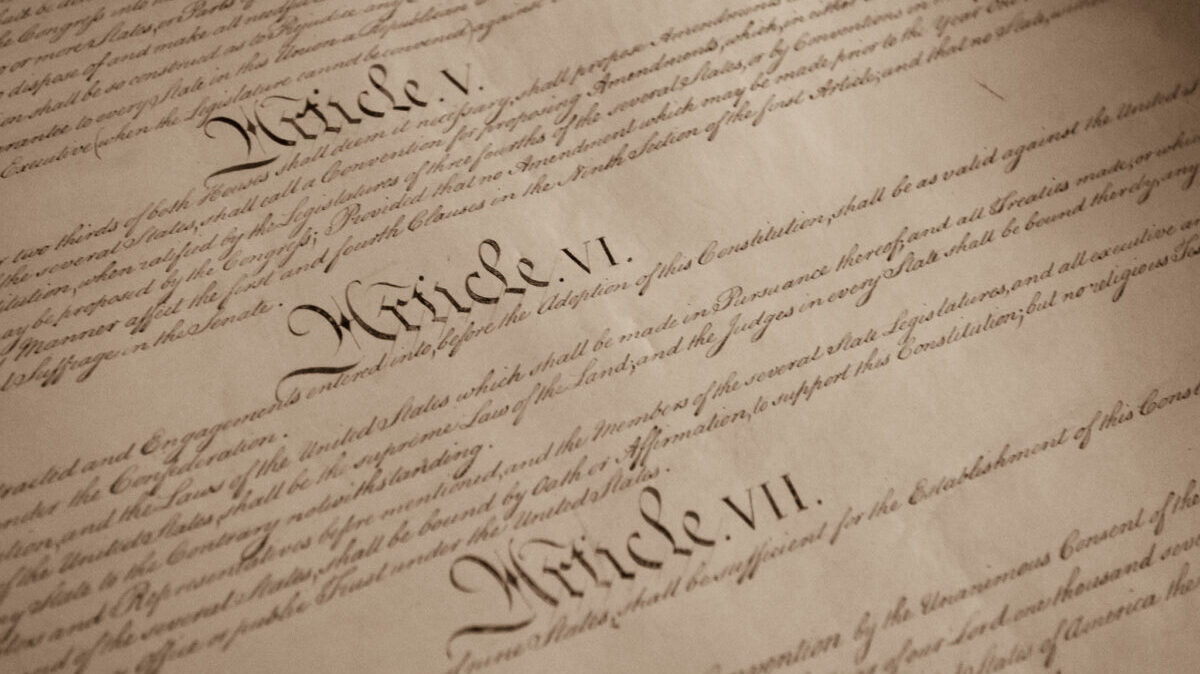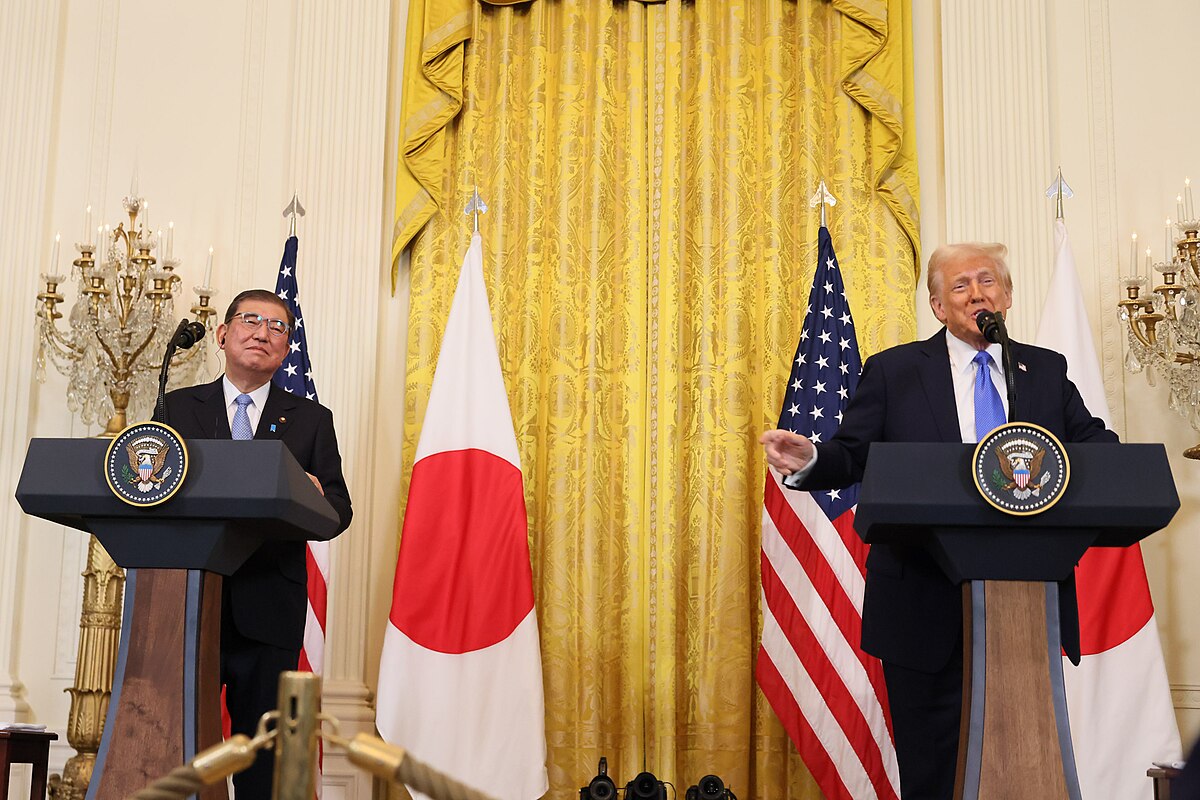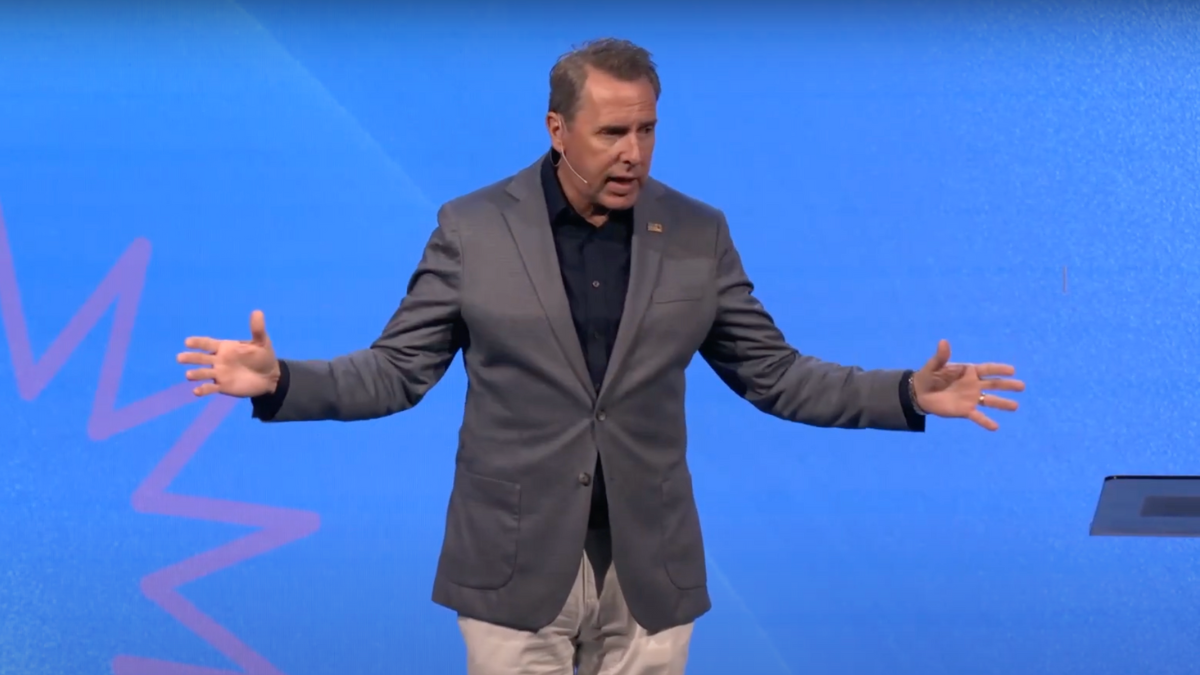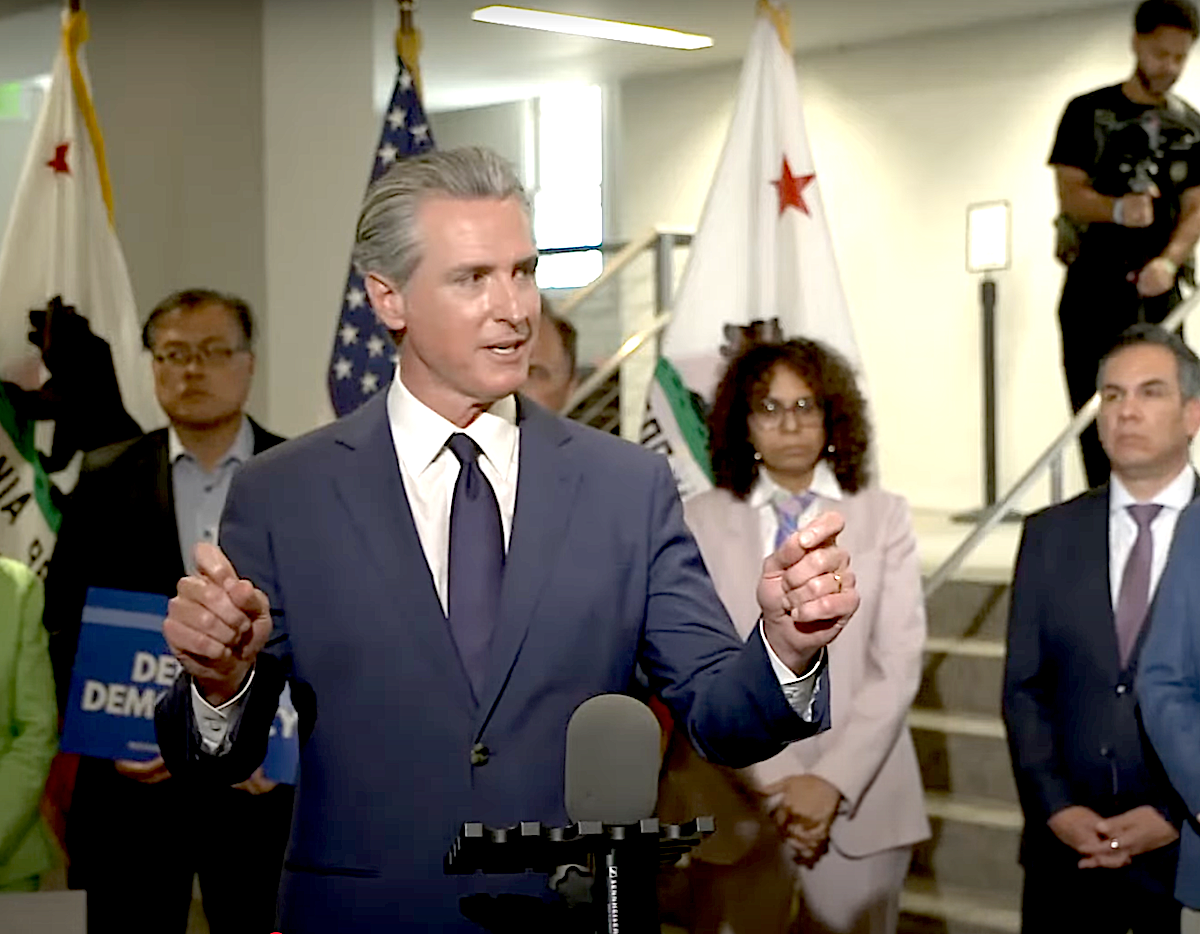A recent discussion on the podcast “Interesting Times” has reignited the debate over potential changes to the U.S. Constitution, with some commentators suggesting that fundamental reforms are necessary to ensure a more representative democracy. The conversation featured Ross Douthat interviewing Osita Nwanevu, a contributing editor at The New Republic, who argues that existing structures, like the Senate and the Electoral College, disproportionately favor smaller states and undermine the principle of equal representation.
Nwanevu’s remarks come in the context of his new book, “The Right of the People: Democracy and the Case for a New American Founding,” where he critiques the current political system as “anti-democratic.” He points out that California, with its large population, has the same number of senators as Wyoming, a state with significantly fewer residents. “This gives Wyoming about 60 times the representation of California in the Senate,” Nwanevu stated.
Critics of Nwanevu’s perspective argue that his views overlook the constitutional framework designed to balance power among states. The House of Representatives, which allocates seats based on population, is intended to address some of these disparities, as all revenue-related legislation must originate there.
Nwanevu advocates for several reforms, including the admission of new states like Puerto Rico and Washington, D.C., to increase representation, as well as the abolition of the Electoral College. He claims that these changes would better reflect the will of the people, stating, “Democracy means fair contests where people have an equal chance to contest power.”
However, opponents contend that such changes could lead to a concentration of power that favors urban areas over rural ones. They argue that eliminating the Electoral College could result in major cities dominating presidential elections, sidelining voters in less populated regions.
The discussion also touched on the idea of expanding the Supreme Court, which Nwanevu believes would help ensure a more progressive judicial landscape. Critics warn that this could undermine the independence of the judiciary and lead to further politicization of the courts.
Nwanevu’s proposals have sparked significant debate, with some commentators suggesting that they reflect a broader trend among some left-leaning groups to reconsider the foundational principles of American governance. The New York Times recently published an article highlighting these sentiments, suggesting that some factions on the left feel they cannot achieve their goals without a complete overhaul of the Constitution.
In response to these discussions, some political analysts emphasize the importance of addressing immediate legislative issues rather than pursuing constitutional changes. They argue that focusing on single-issue bills could provide a clearer path to governance and accountability.
As the debate continues, the implications of these proposed reforms remain a point of contention. Supporters believe that a reformed Constitution could lead to a more equitable system, while critics warn that such changes could destabilize the balance of power established by the founding documents.
The conversation around constitutional reform is likely to persist as political divisions deepen and the 2024 elections approach. The outcome of this debate could significantly influence the future of American democracy and governance.
READ ICE Arrests Convicted Criminals in Nationwide Operation



